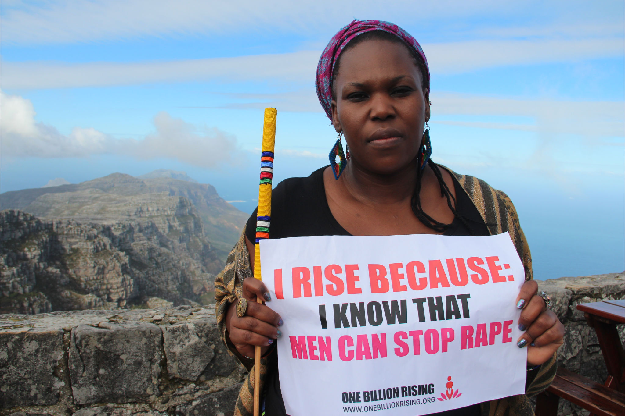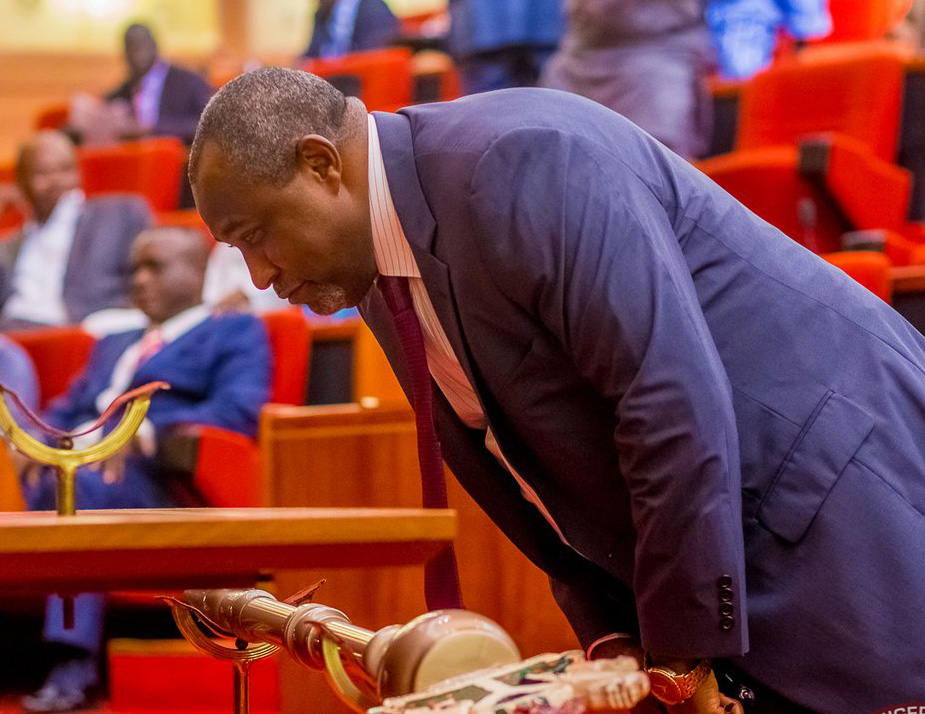Nigeria, alongside Iraq and the United Arab Emirates, is responsible for the rise seen in oil prices, the International Energy Agency (IEA) has said.
In its latest Oil Market Report (OMR) released on Friday, the agency said that disruption in the production levels of these three countries saw a cut in oversupply to the tune of 350,000 barrels per day.
The reports revealed that the Organisation of Petroleum Exporting Countries (OPEC) experienced a significant drop in its production levels, but the rise was easily levelled out by Iran’s return to the global market.
“OPEC crude oil production eased by 90 kb/d in February to a still-robust 32.61 mb/d with losses from Iraq, Nigeria and the UAE partly offset by a substantial rise in flows from post-sanctions Iran. Saudi Arabia, OPEC’s largest producer, held supplies steady,” the report read.
Advertisement
“The factors cited in this report that currently support higher prices include: possible action by oil producers to control output; supply outages in Iraq, Nigeria and the UAE; signs that non-OPEC supply is falling; no reduction in our forecast of oil demand growth; and recent weakness of the US dollar.”
However, IEA is optimistic that plans by OPEC and non-OPEC countries on freezing output would affect oil prices going forward.
“Later this month, some oil producers are expected to meet to discuss a possible output freeze. We cannot know what this might be and in any event it is rather unlikely that an agreement will affect the supply/demand balance substantially in the first half of 2016.
Advertisement
“Before any production freeze or cut is agreed, we have seen supply disruptions in Iraq, Nigeria and UAE. Production from these countries fell in February by 350 kb/d.
“Meanwhile, Iran’s return to the market has been less dramatic than the Iranians said it would be; in February we believe that production increased by 220 kb/d and, provisionally, it appears that Iran’s return will be gradual.”
IEA advises that the recent surge should not “be taken as a definitive sign that the worst is necessarily over. Even so, there are signs that prices might have bottomed out.”
Advertisement
Add a comment







